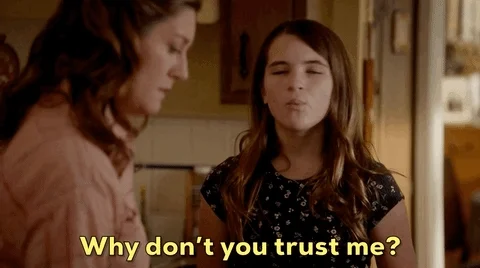You have a company presentation coming up, and you're feeling confident! You've gathered your data, created a PowerPoint presentation, and invited the big bosses into the meeting room. This is going to be your biggest pitch, and you know it's going to be perfect!
But...the presentation is tomorrow, and you haven't prepared further or practiced anything since you made your slides last week. Shouldn't you be reviewing your work?
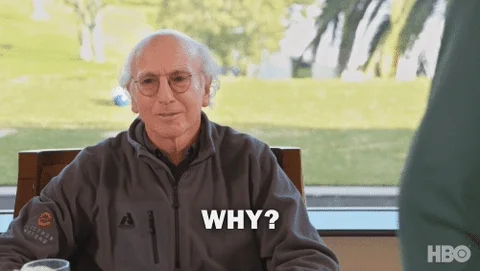
Watch out — thinking that you don't need to do more could be an overconfidence bias!
What is it, how can it affect your decisions, and what can you do to avoid this trap?
What is overconfidence bias?
Overconfidence bias happens when you overestimate your knowledge or abilities.
Being overconfident can lead to poor decisions as your judgment is skewed, which stops you from seeing the big picture or potential consequences of your choices.
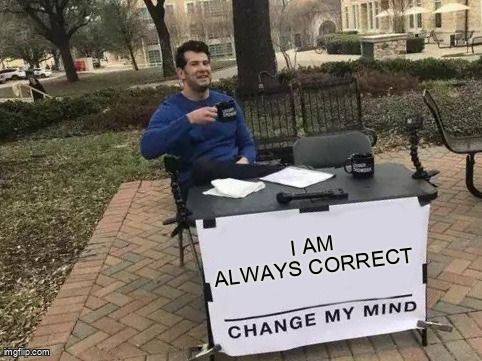
Example:
Your car breaks down, but you don't want to spend money going to an auto shop. Instead of going to a qualified mechanic, you decide to try fixing the car yourself because you think that your experience building model cars is good enough to address the problem.
This is an example of the overconfidence bias because you're exaggerating your abilities. The skills needed to build a model car can't compare to car maintenance, but you are so confident that you don't realize that you are making a poor choice in taking a huge risk.
How does overconfidence bias affect your decision-making?
Overconfidence bias influences your decision by making you close-minded.
You don't see the consequences of your actions because you aren't considering other options, leading you to think that your way is the only way.
How does it affect you?
You may ignore feedback from others, thinking they're wrong or trying to sabotage you.
Overconfidence bias can lead to miscalculating risks and planning poorly by not preparing backups or considering potential challenges.
It may lead to excessive risk-taking because you believe you can tackle anything — even if it's beyond your abilities — which would then lead to risky decisions.
How can you avoid overconfidence bias?
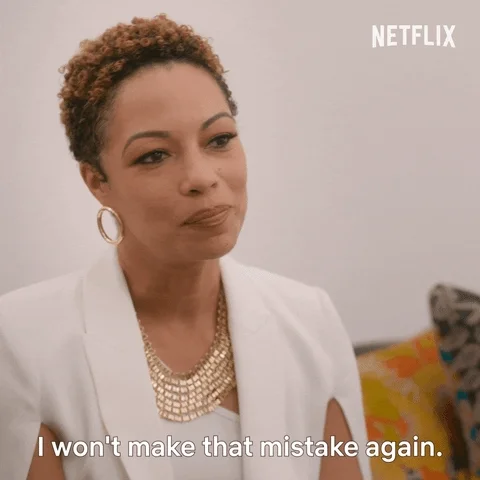 How can you make smarter choices and avoid overconfidence bias?
How can you make smarter choices and avoid overconfidence bias?
Be open to different points of view/options. Different perspectives will expose you to new outcomes, which may lead you to a more informed decision.
Find evidence that counters your position. This will prevent you from only seeking/using evidence that supports your position and will open you to different ideas.
Use the "pre-mortem" technique. Analyze the worst-case scenario and find ways in which something can go wrong. This exercise will help you identify risks and challenges you may have ignored.
Practice self-awareness. Set realistic expectations of your abilities, and understand that it's okay if you don't know something or need help with it.
Quiz!
 Mr. Bean thinks he's an excellent driver! He developed a new driving technique where he steers his car from its rooftop. He had a few close calls but was sure that it was the other driver's fault.
Mr. Bean thinks he's an excellent driver! He developed a new driving technique where he steers his car from its rooftop. He had a few close calls but was sure that it was the other driver's fault.
What are some signs that this is an overconfidence bias? Select all that apply:
A. He thinks that he is an excellent driver despite the close calls.
B. He thinks that his way is the best/only way.
C. He is taking unnecessary risks.
D. He shifts the blame to other drivers.
Quiz
What are some signs that he is having overconfidence bias? Select all that apply:
Take Action
Being confident is great, but it's always good to check in on yourself.
You decided to prepare and practice your presentation just to be safe. The preparation paid off as you caught a few errors in your slides and speech before the big day!
Now, you make sure to keep an open mind and practice self-awareness to keep your confidence from getting out of hand!
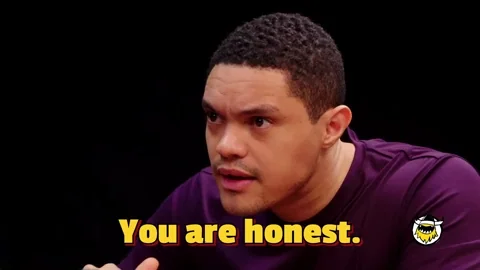 Let's summarize. How can you avoid overconfidence bias?
Let's summarize. How can you avoid overconfidence bias?
Your feedback matters to us.
This Byte helped me better understand the topic.

